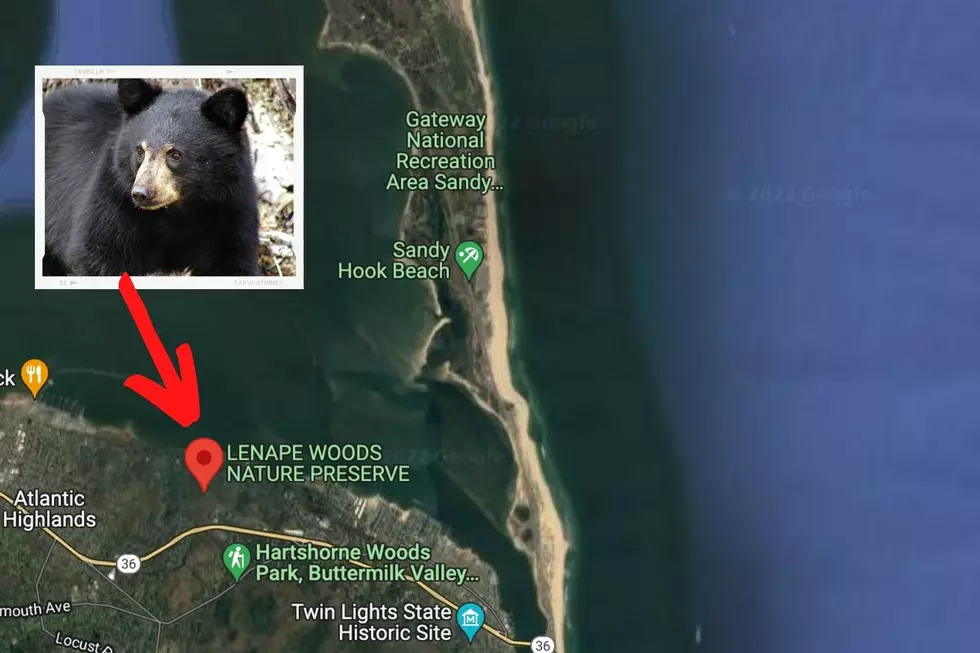
Summer’s over – what’s being done to keep swim water clean ’til next year?
After a season of searing heat, lengthy dry spells, and recurring, contamination-related beach closures, the New Jersey Department of Environmental Protection (NJDEP) is starting now to ensure that we can enjoy them next summer.
"Warm weather for a prolonged period of time, is a challenge for any water system," said NJDEP Director of Local Government Assistance Kerry Pflugh during a recent discussion with the Ocean County Mayors' Association in Toms River. "It brings water temperatures up in those areas where there's not a lot of circulation."
Pflugh says nutrients can then load into the waters. That's when quality issues surface, not just in New Jersey, but across the Northeast.
"We have a very strong water monitoring network, and we continue to watch our waterways, and make sure they are meeting quality standards," said Pflugh. "Where they're not, actions have to be taken."
We're part of the solution. One way to help prevent contamination is to keep waste water out of storm water systems. Avoiding littering is another.
Big beaches weren't necessarily the ones affected by bacteria this past summer. Much of the problem settled in back bays.Pflugh says it's the responsibility of the county health departments to monitor water conditions.
The Ocean County Health Department keeps tabs on nearly 90 ocean, bay, lake, river, and creek sites throughout the season, issuing advisories and even closures when bacteria levels exceed NJDEP-recommended levels.
"There are protocols in place that they follow in terms of closing beaches," said Pflugh. "This time of year, not only do you have water quality concerns, but you have safety concerns."
She adds each town and county has these plans in place, but she also urges residents to follow them as well.
"We continue to monitor all of our sites and anything that's in the process of being cleaned up," adds Pflugh.
Even though summer is over, the peak of the Atlantic Hurricane season remains. Pflugh says NJDEP is ready.
Offices of Emergency Management locally, statewide, and federally work collaboratively on storm plans, according to Pflugh.
"When the triggers happen and we need to respond, we are right there," said Pflugh. "I can say very definitively that we're prepared for emergencies, and we work very well with our partners to make sure that we're protected."
See more from WOBM in the video below:
More From 92.7 WOBM









